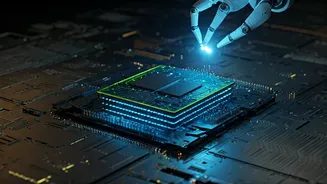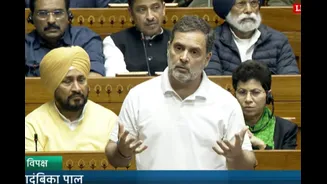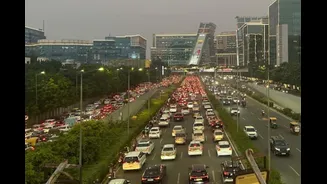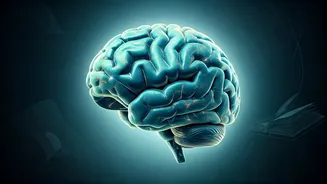Defining Creative Destruction
The term 'creative destruction,' popularized by economist Joseph Schumpeter, forms the foundational concept. It encapsulates the process where new innovations
and technologies, like AI, dismantle existing industries and create new ones. This process isn't inherently destructive, but rather a catalyst for economic advancement. Established businesses and practices are gradually replaced by novel ones. However, this shift can be turbulent, as certain jobs become obsolete while new ones emerge, demanding different skillsets. Understanding creative destruction is crucial for navigating the changes brought about by AI. It underscores the perpetual evolution of the economy, driven by innovation and technological progress, where yesterday's norms yield to tomorrow's possibilities.
AI's Disruptive Force
Artificial Intelligence is a powerful agent of creative destruction. It’s not just an incremental improvement; it's a fundamental shift in how work is done across various sectors. The introduction of AI can automate tasks previously handled by humans, impacting fields from manufacturing to customer service. This automation, while boosting efficiency and output, can also lead to job displacement. However, such disruption also presents opportunities. New roles in AI development, maintenance, and related fields are constantly being created. Businesses can adapt by investing in AI-driven technologies to remain competitive and create innovative solutions. This continuous cycle of innovation demands a proactive approach, requiring workers to acquire new skills and businesses to embrace change to survive.
Impact on Job Markets
The rise of AI brings with it significant alterations to the job market. Some roles will become obsolete as AI systems take over routine tasks. Others will undergo significant transformation, requiring workers to adapt and adopt new skills to interact with AI. However, this disruption also catalyzes the creation of new job categories that were previously nonexistent. Roles in AI development, data science, and AI-related services are experiencing high demand. To navigate this transformation, there's a need for proactive measures. Governments and educational institutions must focus on training programs that equip the workforce with skills relevant to the new economy. This includes promoting digital literacy, data analysis, and an understanding of AI ethics, ensuring a smooth transition into an AI-driven environment.
Fostering Innovation and Growth
AI is a catalyst for innovation and economic growth. By automating tasks and accelerating data processing, AI empowers businesses to make better decisions and enhance efficiency. This leads to the development of new products, services, and business models. AI fosters a climate that encourages experimentation and creativity. Companies use AI to analyze customer behavior, optimize supply chains, and streamline operations. The result is increased productivity and a more competitive economic landscape. Governments play a vital role by investing in AI research, providing incentives for AI adoption, and creating regulations that promote responsible AI deployment. This creates an environment that balances innovation with public interests and ensures that the benefits of AI are accessible to all.
Navigating Future Challenges
The journey with AI is not without its difficulties. As AI continues to grow, several challenges must be handled. One crucial aspect involves the ethical implications of AI, particularly related to algorithmic bias and data privacy. There's also the challenge of bridging the skill gap to ensure that the workforce is equipped to handle new technological advancements. Businesses and governments need to work together to mitigate potential social and economic inequalities. This involves ensuring that the benefits of AI are broadly shared. Education, training, and policy initiatives must be designed to mitigate job displacement and promote inclusive growth. Addressing these issues proactively is essential to capitalize on AI's potential and build a more equitable and prosperous future.






















